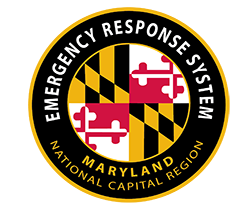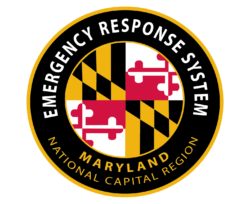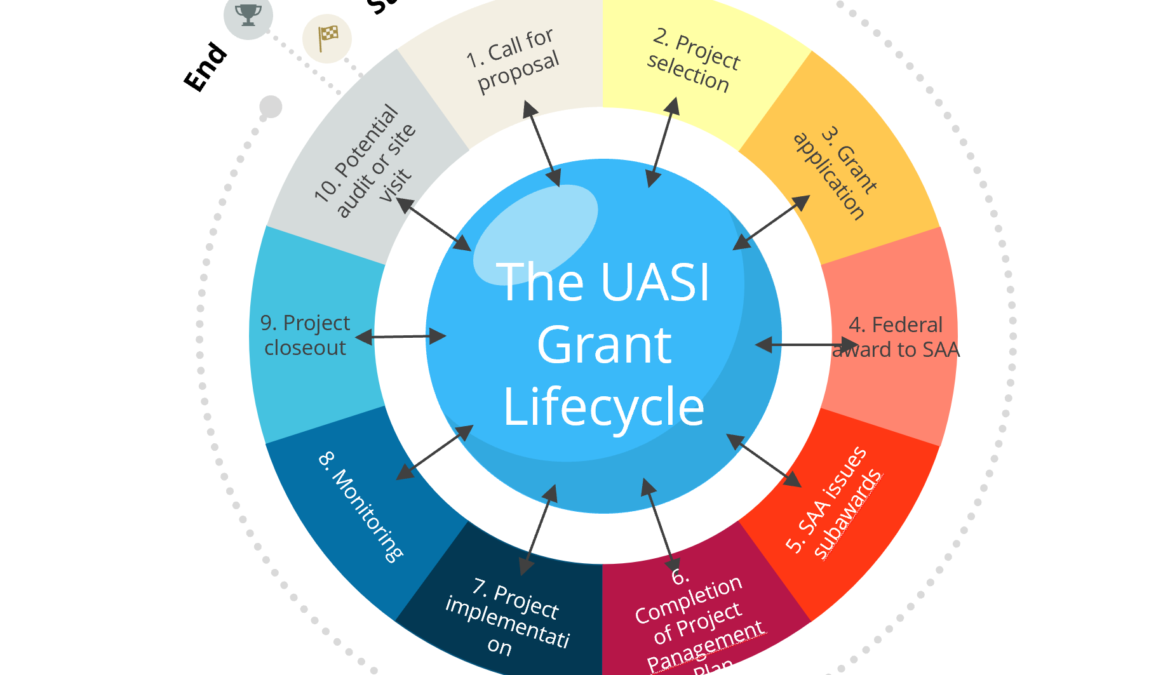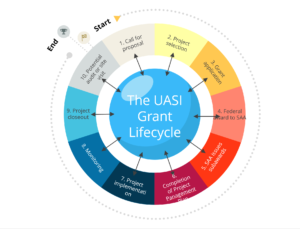
Leaders from the Maryland-National Capital Region and surrounding areas recently participated in a four-part leadership seminar series focusing on different approaches to negotiation and conflict resolution. The series was hosted by The Maryland-National Capital Region Emergency Response System (MDERS) in partnership with Harvard University’s National Preparedness Leadership Initiative (NPLI).

Following the principles of meta-leadership, this interactive program explored the dynamics of conflict, and presented pragmatic tools for managing and resolving disagreements. The program was led by NPLI Associate Director and co-author of the book You’re It, Eric McNulty, and homeland security and emergency management subject matter expert Darrell Darnell. The series also also featured presentations by NPLI Co-founding Director and You’re It co-author Dr. Leonard Marcus.

Focusing on the roots and accelerants of conflict, participants developed an understanding of five different approaches to engaging in conflict, as well as two principal approaches to negotiation. The series concluded with participants taking part in a master class that included a negotiation and conflict resolution. The capstone activity culminated their experience, drawing on lessons learned in the course to solve the case. The program was tailored to the emergency response realm, specifically the unique characteristics and nuances of the Maryland-National Capital Region.
The program was well received by attendees and highlighted the need for further leadership development opportunities for emergency response leaders in the Maryland-NCR. As such, MDERS, in partnership with NPLI, is pleased to announce that we will be hosting another series of leadership seminars focused on connectivity and transforming your agency this fall.
For more information on future leadership seminars, please contact Nicole Markuski at Nicole.Markuski1@maryland.gov.




 The Maryland-National Capital Region Emergency Response System is excited to announce that Peter McCullough, JD, has joined the team in a contractor role to assist with numerous evolving projects. Peter joins us from the Center for Health and Homeland Security (CHHS), where he is a Law & Policy Analyst. He is a graduate of the University of Maryland, Francis King Carey School of Law, with a concentration in Cybersecurity and Crisis Management. Most recently, he worked directly with the District of Columbia Homeland Security and Emergency Management Agency (DCHSEMA) as an integral part of the 2021 Presidential Inauguration. He brings both professionalism and a fresh perspective to the field of response. Peter is eager to work with the entire MDERS stakeholder community, sharing his expertise to help enhance many of the current projects.
The Maryland-National Capital Region Emergency Response System is excited to announce that Peter McCullough, JD, has joined the team in a contractor role to assist with numerous evolving projects. Peter joins us from the Center for Health and Homeland Security (CHHS), where he is a Law & Policy Analyst. He is a graduate of the University of Maryland, Francis King Carey School of Law, with a concentration in Cybersecurity and Crisis Management. Most recently, he worked directly with the District of Columbia Homeland Security and Emergency Management Agency (DCHSEMA) as an integral part of the 2021 Presidential Inauguration. He brings both professionalism and a fresh perspective to the field of response. Peter is eager to work with the entire MDERS stakeholder community, sharing his expertise to help enhance many of the current projects.